Northwest Tribal Epidemiology Center
The mission of the Northwest Tribal Epidemiology Center (The EpiCenter) is to collaborate with Northwest American Indian Tribes to provide health-related research, surveillance, training and technical assistance to improve the quality of life of American Indians and Alaskan Natives (AI/ANs).
The EpiCenter is one of twelve national Centers charged with collecting tribal health status data, evaluating data monitoring and delivery systems, and assisting tribes in identifying local priorities for healthcare delivery and health education. Since 1997, The EpiCenter has administered a number of successful health research and surveillance projects serving the Northwest Tribes.
The EpiCenter serves the 43 federally recognized tribes in Idaho, Oregon, and Washington.
History
Until recently, monitoring and surveillance of disease and disease risk factors among AI/AN people has been a function of the Indian Health Service (IHS). In the Portland Area, which includes Washington, Oregon and Idaho, downsizing diminished the capabilities of IHS to adequately perform basic epidemiologic functions such as monitoring the health status of AI/AN communities.
In 1997, the Northwest Portland Area Indian Health Board (NPAIHB) received funding for the development of the Northwest Tribal Epidemiology Center (The EpiCenter), with the goal to assist member tribes to improve their health status and quality of life.
Goals
Assisting communities in implementing disease surveillance systems and identifying health status priorities.
Providing health specific data and community health profiles for Tribal communities.
Conducting tribal health research and program evaluation.
Partnering with tribal, state, and federal agencies to improve the quality and accuracy of AI/AN health data.
Projects & Programs
Hepatitis C is everybody’s responsibility. With American Indian and Alaska Natives having the highest mortality rate from hepatitis C of any race or ethnicity, it is time to make a decision to get actively involved, raise awareness and care for ourselves and the ones we love. Whether that means getting tested for Hepatitis C, educating others about new treatment options, or learning about how you can protect yourself from getting the virus, it is important that Hepatitis C is a topic that’s talked about. Hepatitis C is not something that’s going to go away, unless we all get involved and eliminate the disease. It’s not just doctor’s, or people living with Hepatitis C, and it’s not just your, or your family’s-it is everybody’s responsibility to prevent, treat and cure Hepatitis C.
Learn more and download all of the hepatitis c campaign materials here.
The NPAIHB Immunization Program participates in a National Immunization Coordinators group. This group consists of Immunization Coordinator’s of the various Epicenter and Indian Health Service Area Program Managers. Conferences calls are arranged quarterly to share information which is widely disseminated and shared.
The Improving Data & Enhancing Access – NW (IDEA-NW) Project works to increase Northwest Tribes’ access to accurate public health data for their communities. Our activities include:
- working with Tribal, state, and federal partners to increase Tribes’ access to public health data;
- conducting record linkages with state and federal systems to improve the accuracy of data for Northwest Tribes;
- developing a Northwest Tribal Data Hub to provide Tribes with easy, on-demand access to reliable regional, state, and community-level public health data.
The Epidemiology and Surveillance Unit works to maintain and broaden the Northwest Tribal Epidemiology Center’s (NWTEC) capacity to collect and disseminate accurate and timely data on tribal health priorities and issues impacting American Indians and Alaska Natives (AI/AN) in Idaho, Oregon, and Washington. The goal of the Epidemiology and Surveillance Unit is to provide routine surveillance, data analysis, and reporting to Northwest Tribes.
The overall goals of the NTDSC are to provide training, quality improvement, and technical assistance to the 39 IHS/Tribal dental programs in the Portland Area, and to ensure that the services of the NTDSC result in measurable improvement in the oral health status of the AI/AN people served in the Portland Area.
Project Red Talon works to prevent human immunodeficiency virus (HIV), sexually transmitted infections (STIs) and Hepatitis C virus (HCV). The primary goal of this project is to promote sexual health and wellness for AI/AN people by disseminating and implementing effective programs from a socio-ecological framework, addressing systems, communities, organizations, individuals and policies.
The mission of the Western Tribal Diabetes Project (WTDP) is to empower tribal communities to utilize diabetes data at the local level to track the Indian Health Service Standards of Care for Patients with Type 2 Diabetes, insure patients receive timely care, improve case management, identify gaps in care, and better address program planning.
The mission of the Northwest Tribal Comprehensive Cancer Program is to envision and work toward cancer-free tribal communities by taking an integrated and coordinated approach to cancer control. In collaboration with 43 Northwest tribes, the Northwest Tribal Cancer Control Project is implementing strategies that will reduce the cancer burden for American Indians and Alaskan Natives in the Northwest.
Given the high mortality rate of American Indian and Alaska Native children in motor vehicle injuries, the goal of NPAIHB’s CARS Program is to increase the use of child safety restraints, and therefore decrease this excessive mortality rate.
The Northwest Portland Area Indian Health Board (NPAIHB) continues a partnership with six Northwest tribes in a follow up study to The TOTS Study (Toddler Obesity and Tooth Decay) Study), an early childhood obesity and oral caries prevention program. The goal of this study is to survey and conduct dental exams with the original cohort of toddlers to test whether interventions delivered in the TOTS will influence the prevalence of oral caries in older children.
The goal of the NW NARCH is to nurture a cadre of highly trained AI/AN biomedical and health researchers who are sensitive to the culture and specific concerns of Northwest Indian and Alaska Native communities, and who can bring the benefits of academic research into their communities to improve tribal health.
The suicide prevention project at the NPAIHB is THRIVE which stands for Tribal Health: Reaching out InVolves Everyone. THRIVE works to reduce suicide rates among American Indians and Alaska Natives living in the Pacific Northwest by increasing tribal capacity to prevent suicide and by improving regional collaborations. Staff provides programmatic technical assistance, suicide prevention training, and resources to the Northwest Tribes.
This project addresses chronic diseases including heart disease, stroke, and type-2 diabetes, which are among the most widespread, costly, and preventable causes of morbidity and mortality for American Indian/Alaska Native populations throughout the United States.
The goal of the Injury Prevention Program is to develop and implement effective injury prevention and education strategies across the 43 Northwest tribes, with an emphasis on motor vehicle safety and elder falls prevention.
2023 FINAL AGENDA
2023 TPHEP ATTENDEE LIST
CLICK HERE TO VIEW & DOWNLOAD THPEP 2023 CONFERENCE PHOTOS
List of Sessions
Wednesday
COVID-19 Response Lessons to be Learned
Dr. Thomas Weiser, Indian Health Service
Jamie Donatuto, Swinomish Indian Tribal Community and Nicole Errett, University of Washington
Washington COVID-19 After-Action Review
Jessica McKee, Tribal FPHS Coordinator, Heather Erb, American Indian Health Commission
~ Presenter asked that we not post their slides
Dr. Thomas Weiser, Indian Health Service
Provider Resources WA: A Foundational Public Health Shared Service Investment
Emily Holloway, Tacoma-Pierce County Health Department
Jim House, WASILC/CIEP; Todd Holloway, Center for Independence
Thursday
Keeping the Stress from becoming Trauma
Darryl Tonemah dptonemah@gmail.com
~ no slides to post
FEMA’s Building Resilient Infrastructure and Communities (BRIC) Grant Program
Brenna Meneghini, Jimi Hightower, FEMA Region 10
Cory Portner Kaitlyn Kelly, MPH; Emily O’Donnell-Pazderka, MA, MPHc; Erika Estrada; Marnie Boardman, MPH; Washington Department of Health
Resilient – How to Build a Strong Emergency Management Program
Figueroa, Lisa, Emergency Manager, City of Redmond, Emergency Management
Sujata Joshi, NPAIHB & Minerva Mendez, WA DOH
A Practical Approach to Outbreak Investigation in Congregate Settings
Jay Miller & Katherine Shulock, WA DOH; Ethan Bornstein, CDC; Thomas Weiser, IHS; Antoinette Ruiz & Ryan Sealy, NPAIHB
WA DOH and Tribal Training, Planning and Exercise Coordination Discussions
Brian Moore, Katie Scott, Stephanie Schreiber, Austin Elliott, & Jesi Chapin; WA DOH
Kristine Camper, Kristina Hansen; WA DOH
Public Health and National Weather Service Partnerships
Reid Wolcott, Warning Coordination Meteorologist, NOAA/National Weather Service; Marnie Boardman, WA DOH
Friday
Elders, Climate Events, and Indoor Safety: Risks, Strategies, and Funding
Gillian Mittelstaedt, Tribal Healthy Homes Network; Ashley Schmidt, Tulalip Tribes Community Health
CRITFC and their Member Tribes USDA Local Food Assistance Cooperative Agreement (LFPA)
Buck Jones & Rachelle Begay, CRITFC; Jonalee Squeochs, YN Farms
Victoria Warren-Mears
Research in Indian Country
Researcher Sensitivity
Assisting communities in implementing disease surveillance systems and identifying health status priorities.
- Ensure understanding and good communication
- Respect tribal culture and traditions
- Respect tribal sovereignty and self-determination
- Respect concerns and opinions of community
- Respect local research priorities and needs
- Respect individuals, families, and communities
- Respect human participants’ rights and dignity
- Exclude over-studied populations from participation
- Demystify research
- Be accessible
- Provide feed-back and findings in a timely manner
- Respect a tribe’s right to decline participation
- Respect the autonomy and decisions of the tribe
Researcher Responsibility
Providing health specific data and community health profiles for Tribal communities.
- Communicate and coordinate with tribal leaders
- Negotiate tribal and community consent to participate
- Maximize benefits and minimize risks
- Protect human participants and sensitive data
- Comply with informed consent process
- Obtain service unit director, tribal, IHS research committee, and IRB approval
- Do not begin research until all approvals are obtained
- Share results of the research with the tribes
- Protect participant and tribal identity
- Build capacity within the community
- Comply with the agreed-upon protocol specifications
- Comply with tribal and IHS publication clearance
Other Epicenters
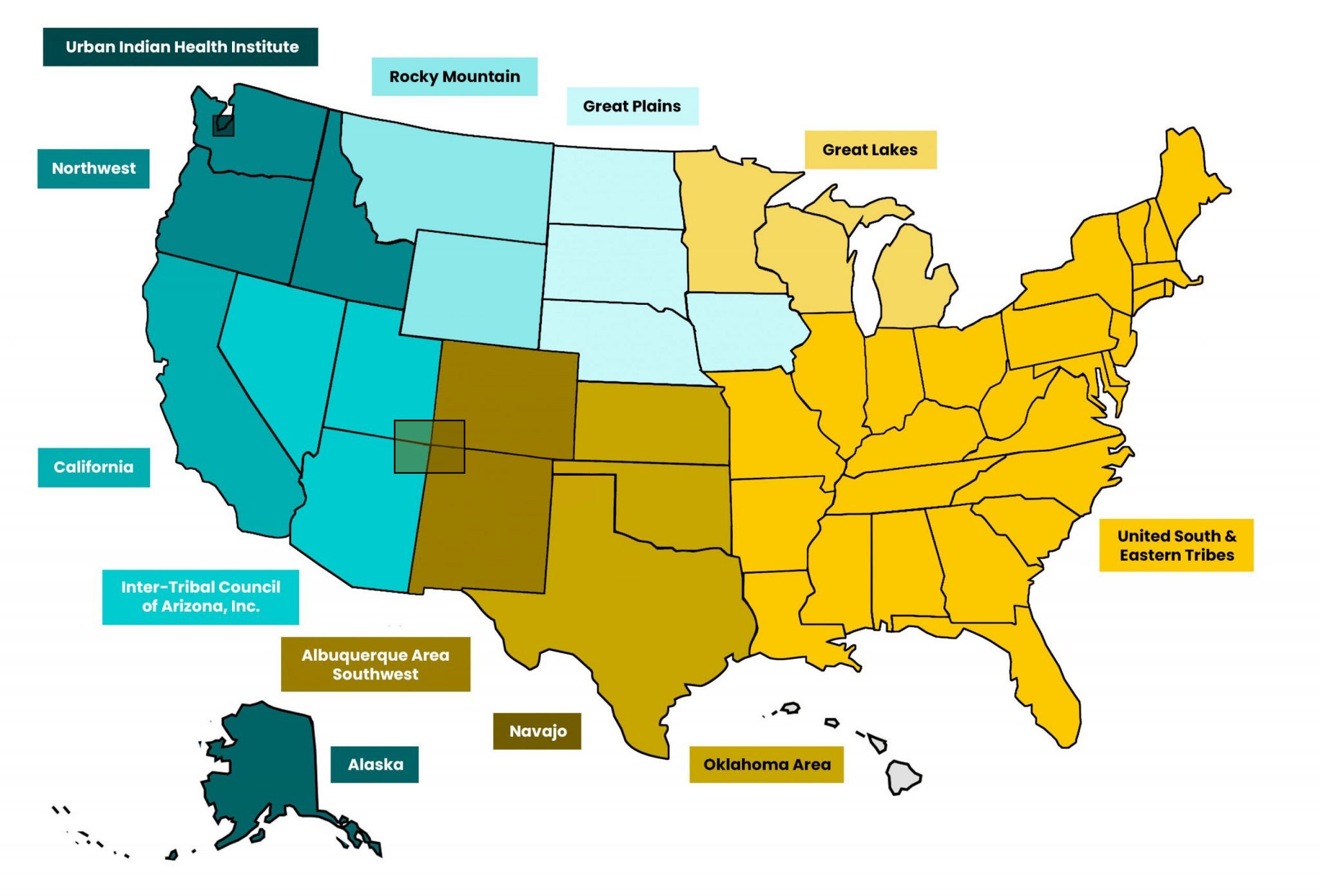
Urban Indian Health Institute

Urban Indian Health Institute’s mission is to decolonize data, for indigenous people, by indigenous people.
Northwest Tribal Epidemiology Center

The mission of the Northwest Tribal Epidemiology Center (The EpiCenter) is to collaborate with Northwest American Indian Tribes to provide health-related research, surveillance, training and technical assistance to improve the quality of life of American Indians and Alaskan Natives (AI/ANs).
California Tribal Epidemiology Center
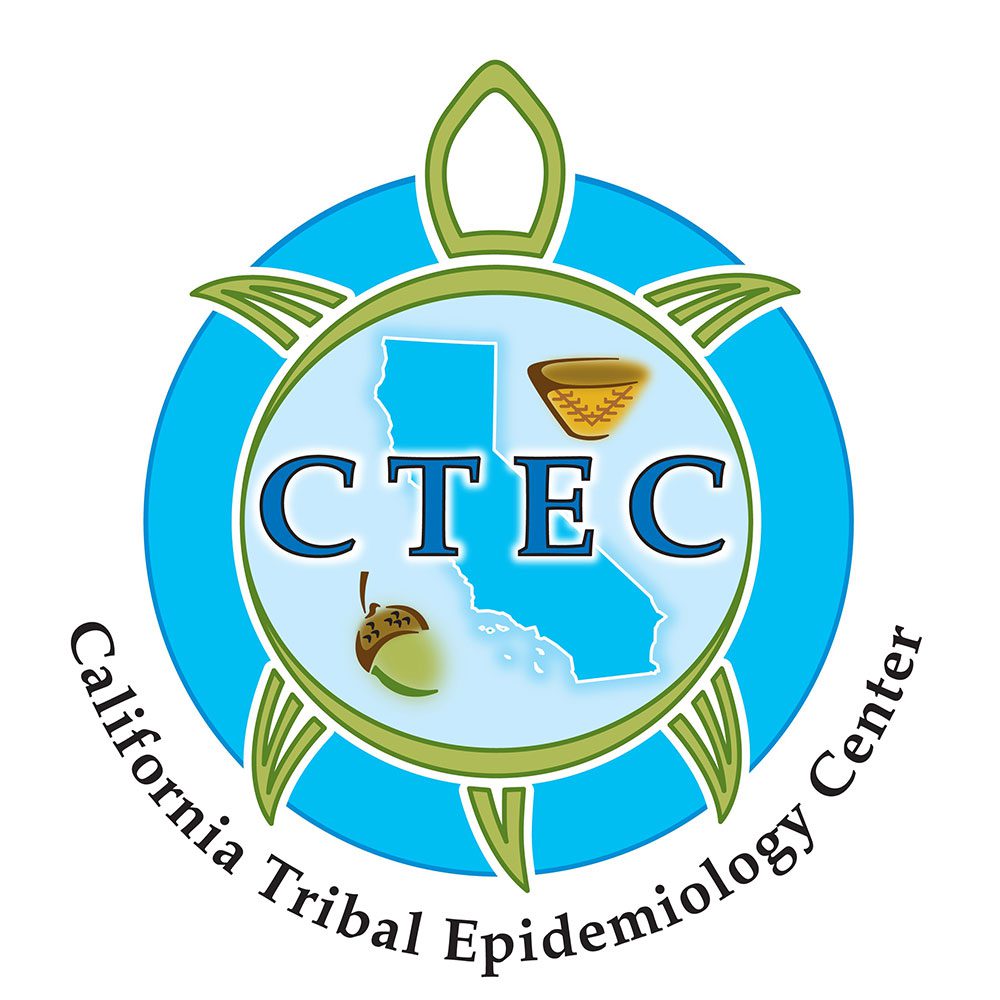
Our mission is to improve American Indian health in California to the highest level by engaging American Indian communities in collecting and interpreting health information to establish health priorities, monitor health status, and develop effective public health services that respect cultural values and traditions of the communities. CTEC has Data Sharing Agreements with 23 tribal health programs that serve 84 tribes throughout California. CTEC services are available to all tribes in California.
Inter Tribal Council of Arizona, Inc
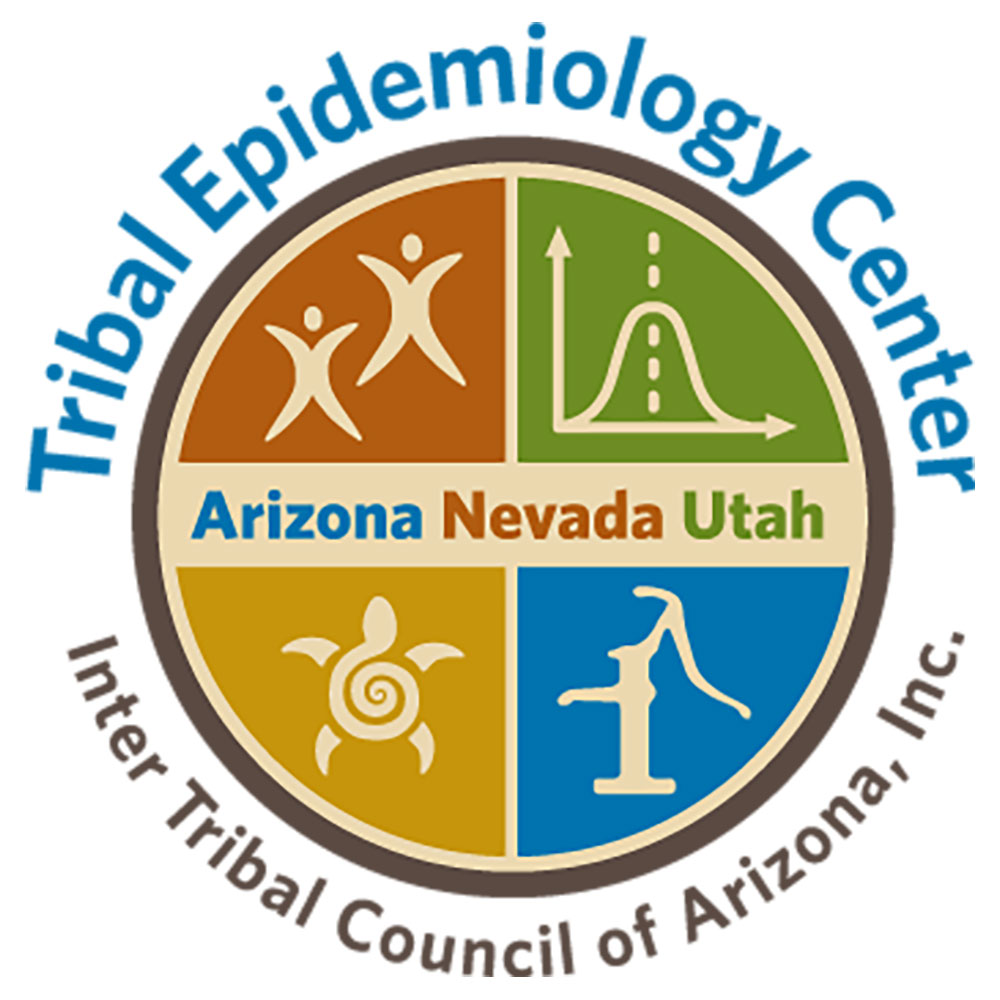
The ITCA TEC’s mission is to build tribally-driven public health and epidemiologic capacity among tribes in the Phoenix and Tucson Indian Health Service Areas by assisting tribes with health surveillance, research, prevention, and program evaluation for planning and policy decision making in order to improve community health and wellness.
Rocky Mountain Tribal Epidemiology Center
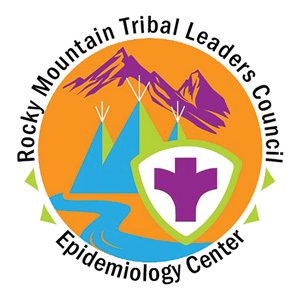
The Rocky Mountain Tribal Epidemiology Center empowers American Indian Nations and urban Indian populations by building community-driven public health and epidemiological capacity through outreach and creative partnerships.
Albuquerque Area Southwest Tribal Epidemiology Center
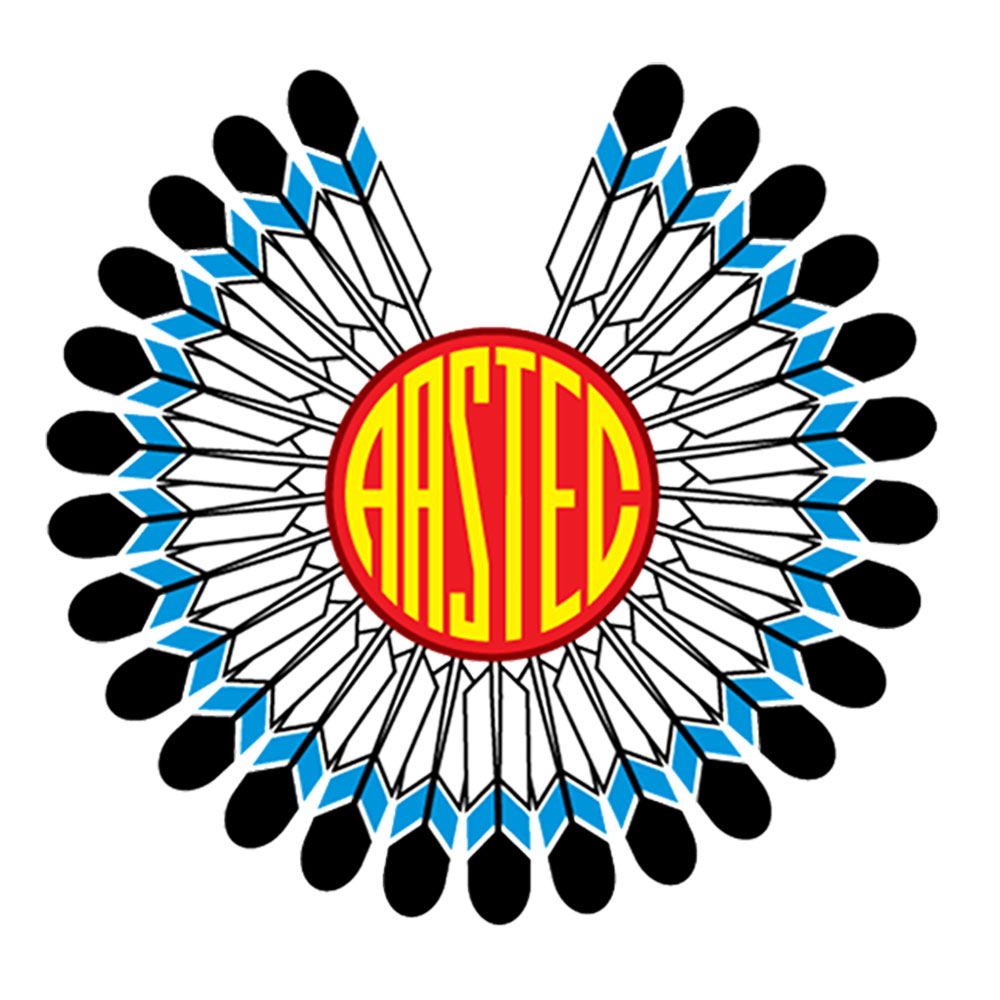
AAIHB was incorporated in 1980 to:
- advocate for tribal communities in areas of health,
- collaborate with tribal communities to address health and health education concerns, and
- engage communities in the use of research to address community health needs.
Oklahoma Area Tribal Epidemiology Center
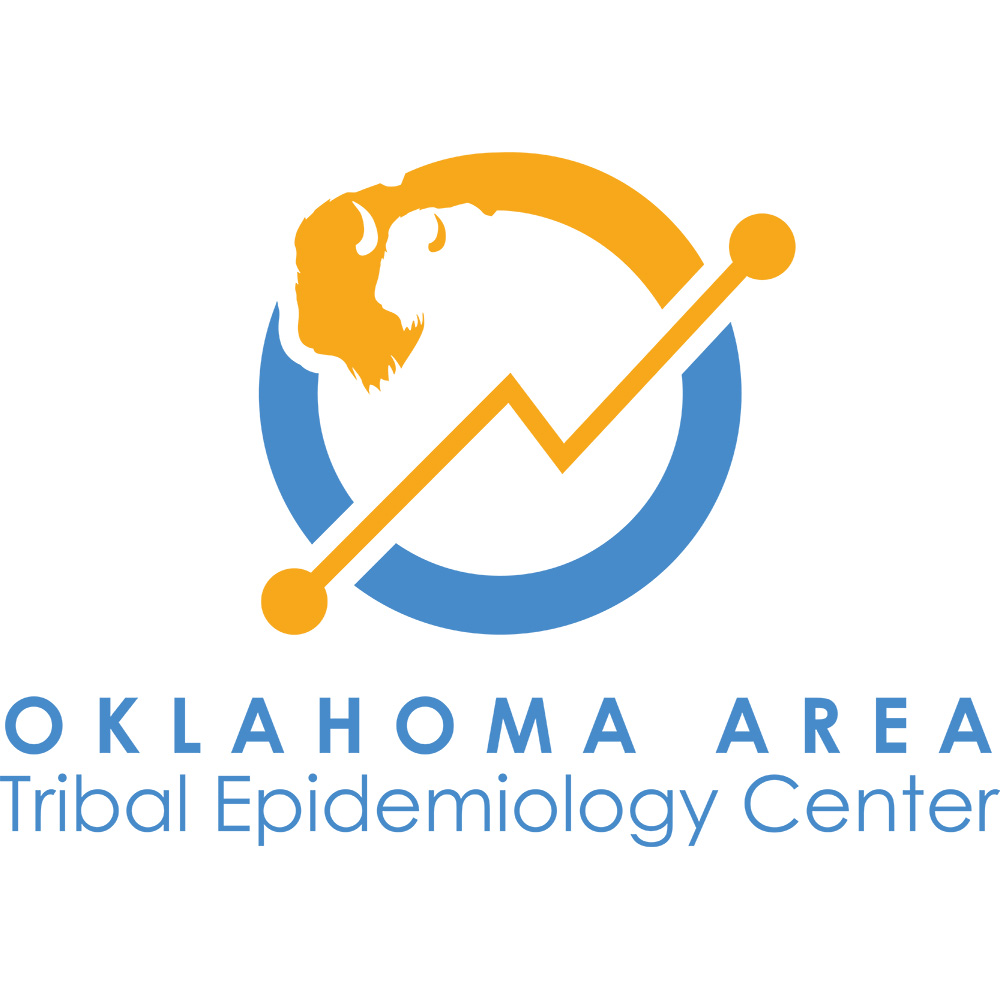
To improve the health of American Indian/Alaska Natives in Kansas, Oklahoma and Texas, by providing public health services in epidemiology, data management, data analysis, training, health promotion/disease prevention, and research through outreach and creative partnerships.
Great Plains Tribal Epidemiology Center
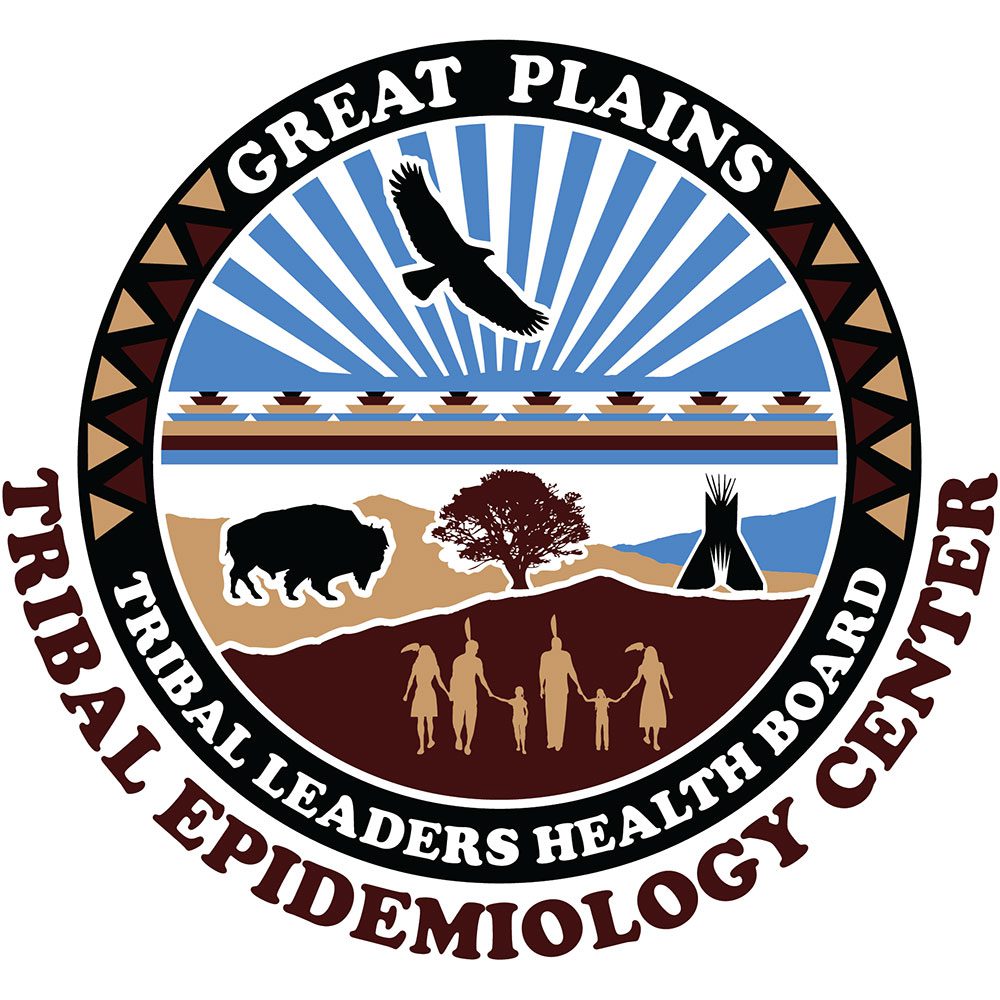
To provide leadership, technical assistance, support and advocacy for the 18 tribal nations and communities serviced by the Great Plains Area IHS in order to eliminate the disparities in health that currently exist for tribal peoples within the four-state region of South Dakota, North Dakota, Nebraska and Iowa.
Great Lakes Inter-Tribal Epidemiology Center
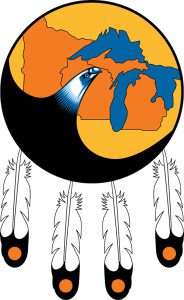
To support Tribal communities in their efforts to improve health by assisting with data needs through partnership development, community based research, education and technical assistance.
United South and Eastern Tribes, Inc.
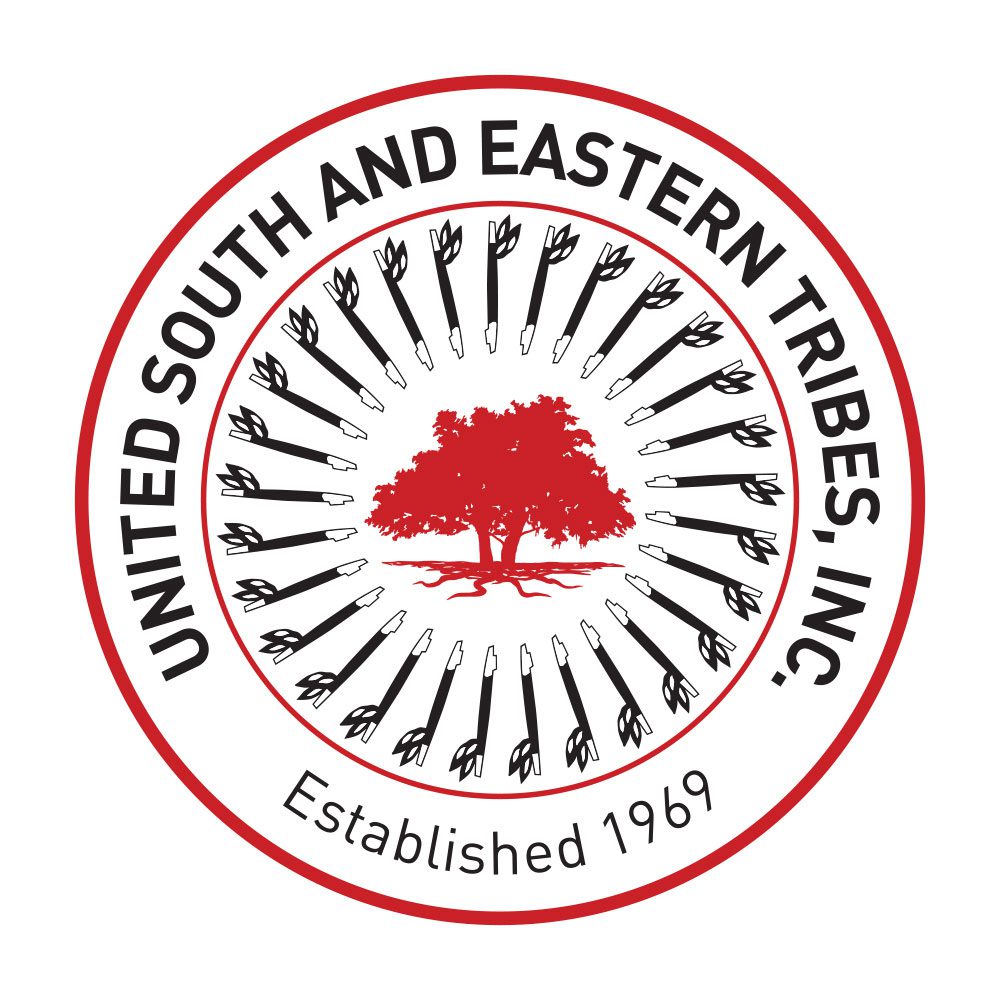
United South and Eastern Tribes, Inc. is dedicated to enhancing the development of federally recognized Indian Tribes, to improving the capabilities of Tribal governments, and assisting the USET Members and their governments in dealing effectively with public policy issues and in serving the broad needs of Indian people.
Alaska Native Epidemiology Center
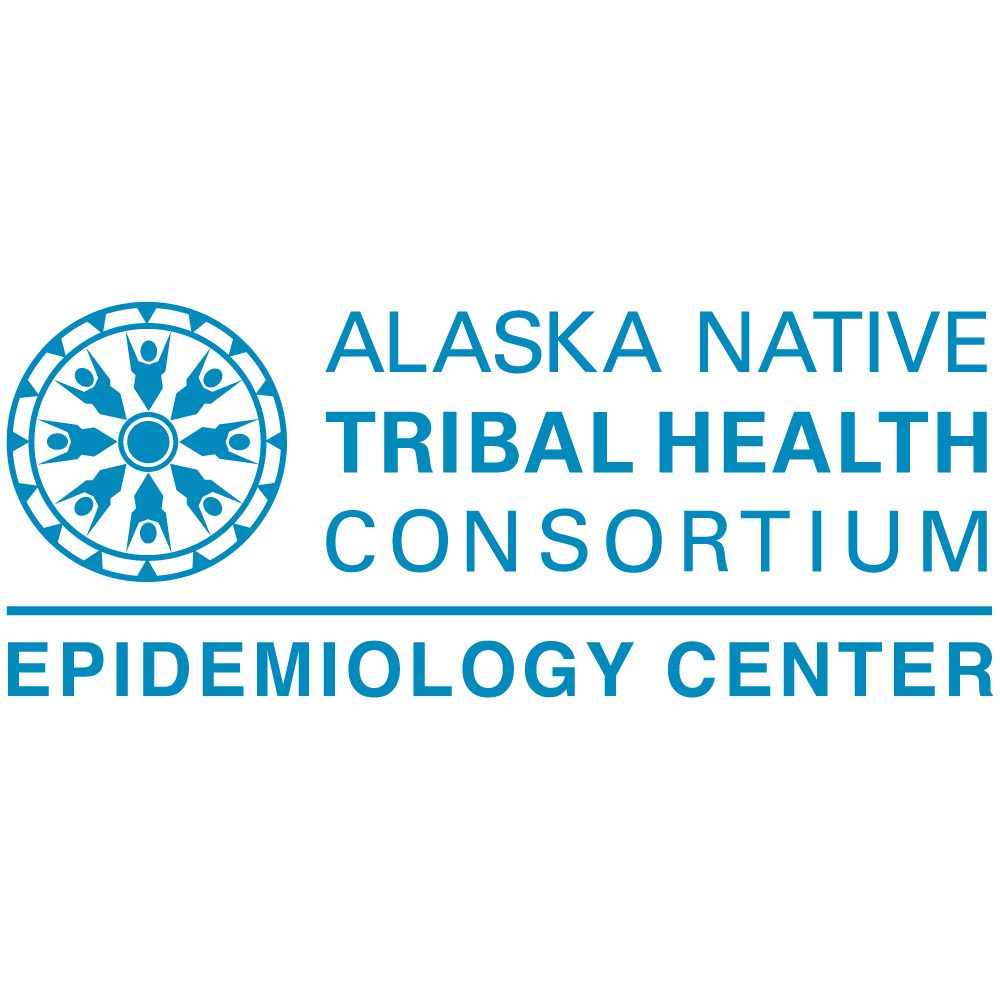
To contribute to the wellness of Alaska Native people by monitoring and reporting on health data, providing technical assistance and supporting initiatives that promote health.
Navajo Epidemiology Center
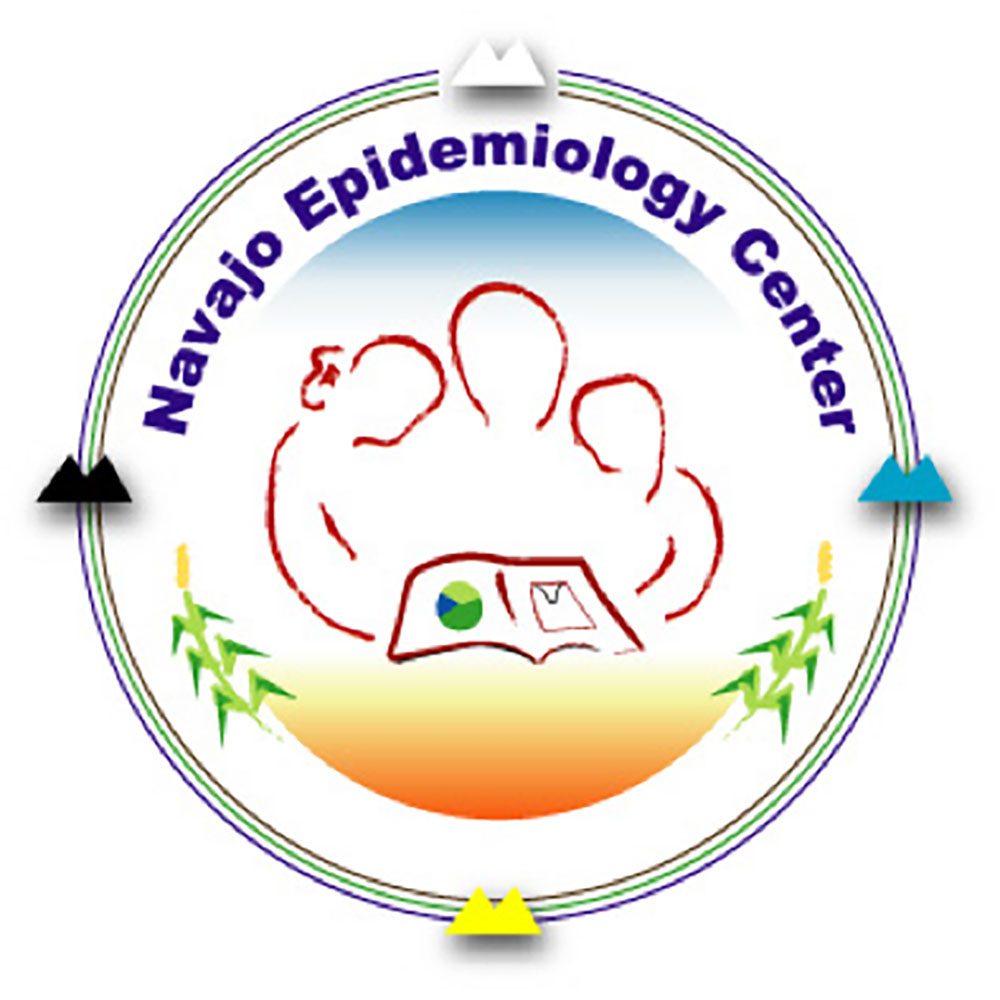
To contribute to Hozho of Dine People by
- Monitoring health status
Maintaining disease surveillance
Conducting health research
Conducting disease outbreak investigation
Reporting health data
Providing technical assistance
Identifying priority health concerns